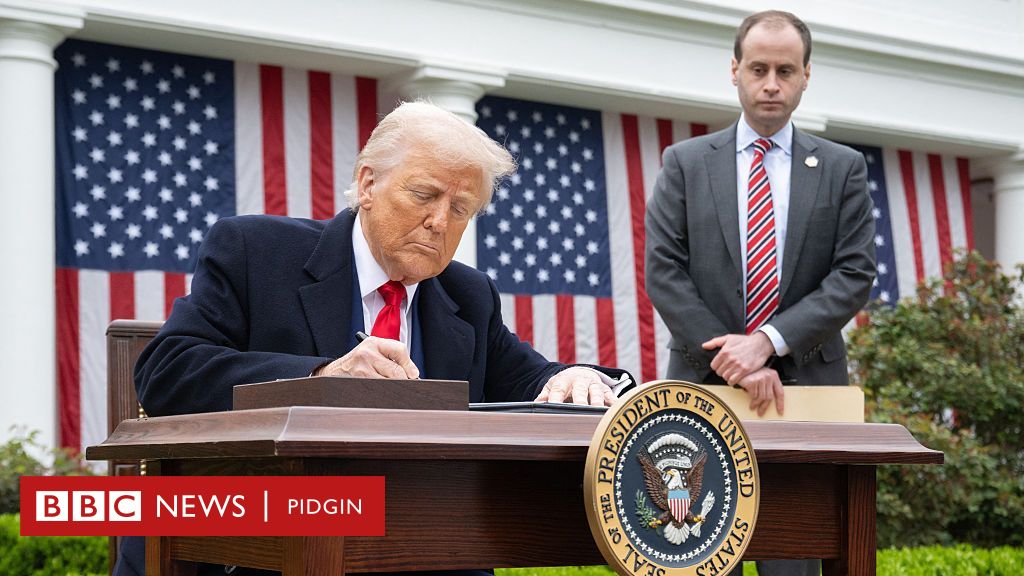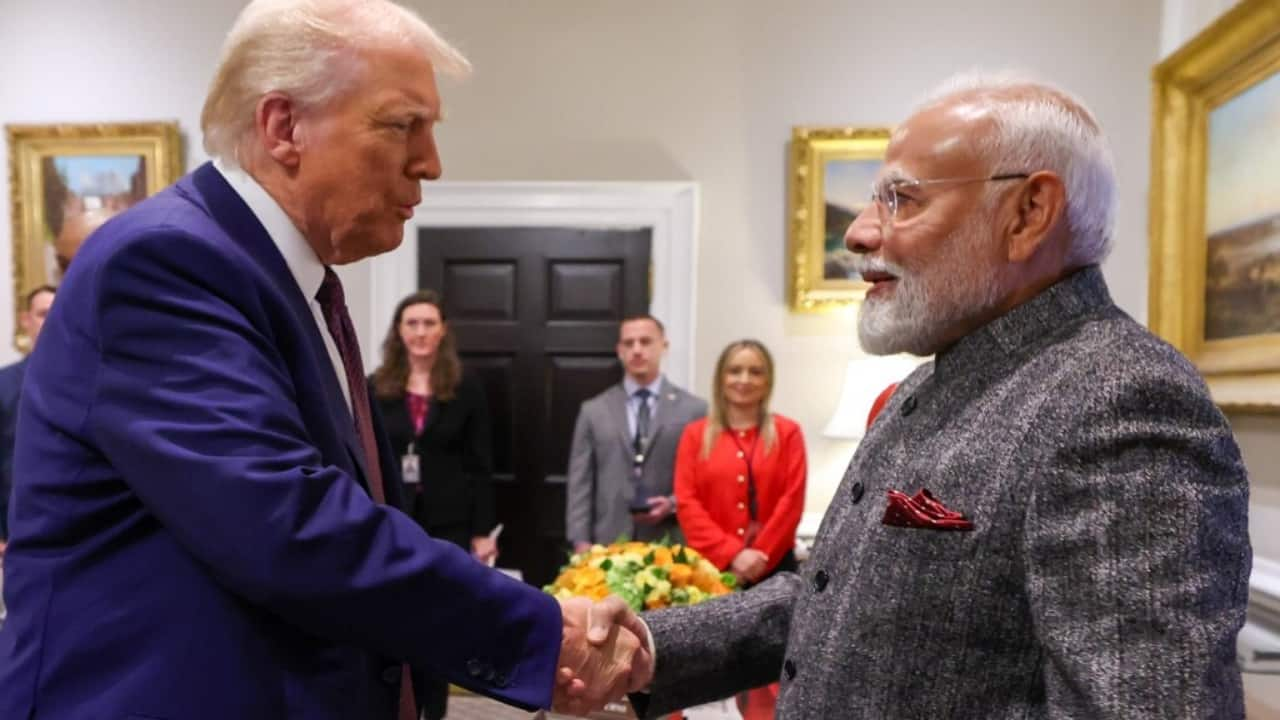Impact of Trump's Tariffs on Automobile Industry and Consumers

In response to President Donald Trump's announcement of new tariffs on goods from numerous countries, the German Automotive Industry Association (VDA) and the National Foreign Trade Council (NFTC) have issued strong warnings about the potential negative consequences for consumers and the global trade order.
The VDA, representing the German auto industry, released a statement on Thursday, asserting that the new US tariffs “will only create losers,” with American consumers bearing the brunt of the impact. The association criticized the tariffs as a departure from the rules-based global trade order, stating, “This is not America first; this is America alone.” The VDA urged the European Union to respond forcefully while remaining open to negotiation and to accelerate free trade deal negotiations with other countries. They also called upon the incoming German government to assume a leading role in these discussions.
Jake Colvin, President of the National Foreign Trade Council, echoed these concerns, cautioning that consumers “should expect to see higher prices for everything from groceries to home renovations to auto insurance as construction and repair costs rise.” Colvin explained that the tariffs would not only increase the cost of imported goods but also add expenses to American manufacturing, assembly, and farming. He stated that there is “simply no way to mitigate all of the added costs of inputs to finished goods from the administration’s complex and growing web of tariffs.”
The tariffs announced by President Trump vary from 10% to 49% depending on the country, with the level determined by the tariffs and trade barriers those countries impose on US-made products. Cambodia faces the highest tariff rate at 49%, followed by Vietnam at 46%. The European Union is subject to a 20% tariff, while China would face an additional tariff of 34%.
These statements from the VDA and NFTC highlight the growing apprehension among industry leaders regarding the potential economic repercussions of the new US tariffs, particularly for consumers and the stability of the global trade system.












